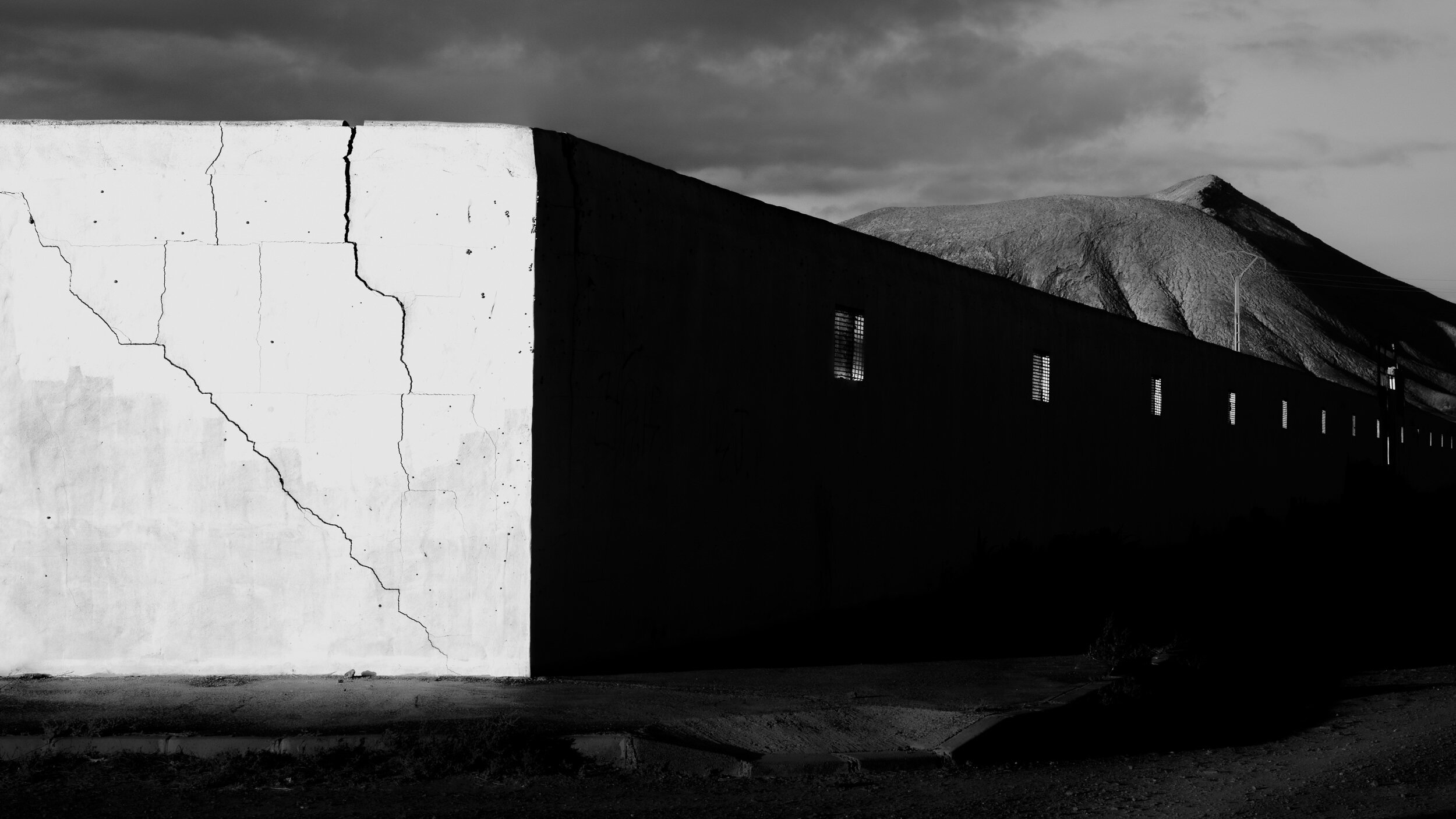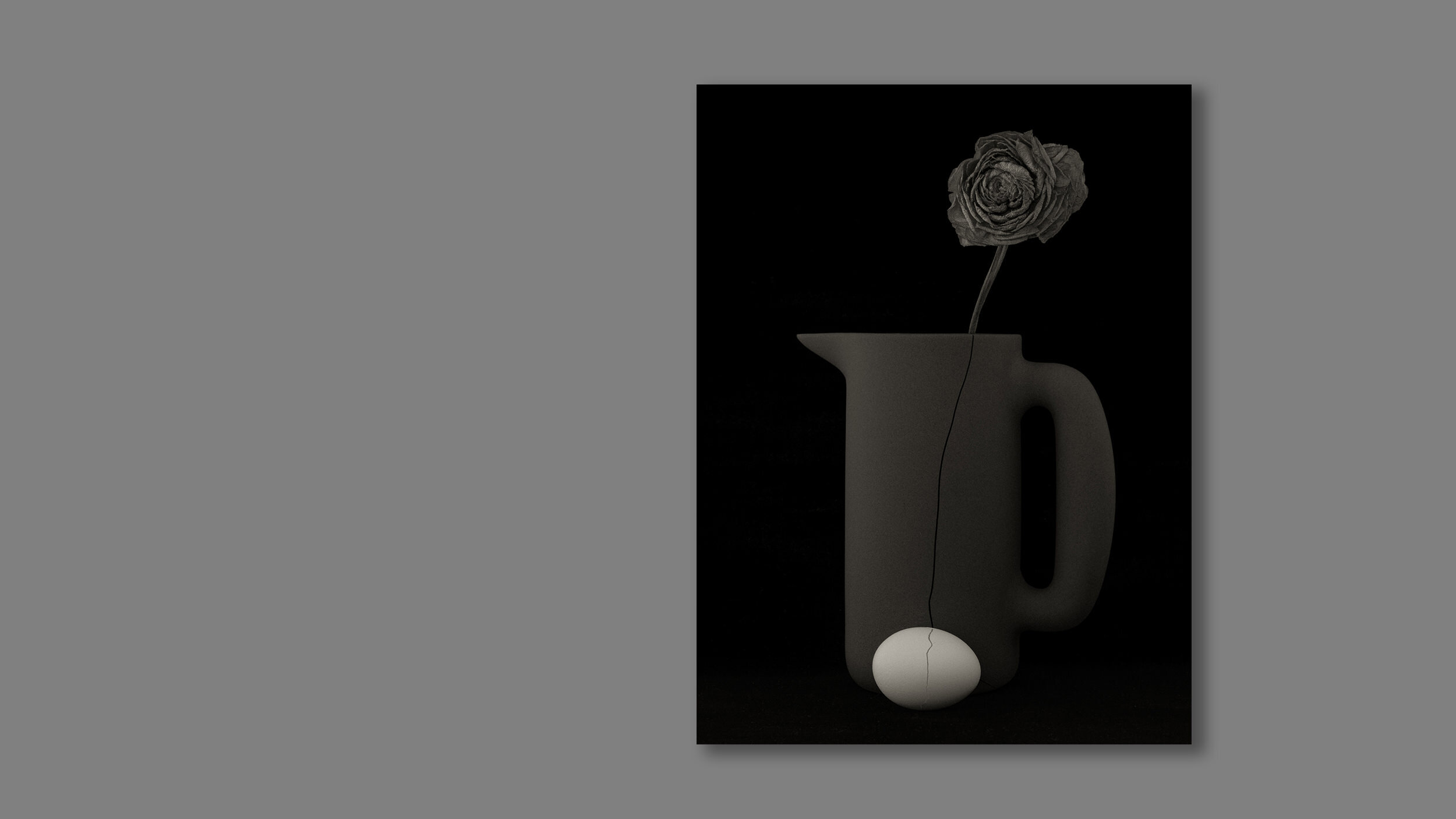The Pathos of Things
The Japanese coined the concept of ‘Mono No Aware’, literally translated into ‘the pathos of things’, ‘an empathy towards things’ or ‘a sensitivity to ephemera’, to refer to the awareness of impermanence.
If in the Western world the concept of transience is frequently associated with sad connotations, the oriental philosophies approach it with a mixture of melancholy and joyful appreciation, through which we can become aware of the miracle of existence and can reach enlightenment.
In hindsight, my personal, lifelong fascination with the idea of temporality might well be the reason why I chose photography as my favoured tool for personal expression as an artist. Indeed, photography is transience, and its ontological nature makes it particularly effective to explore what we have come to call ‘time’.
Many are the critics and practitioners who have studied the connection between photography and time throughout the history of the medium. Allen Ginsberg said: ‘The sacramental quality [of photographs] comes from an awareness of the transitory nature of the world, an awareness that it’s a mortal world.’ Roland Barthes, in Camera Lucida, concludes that the very noeme of photography is its declaration that something ‘has-been’. Not only that, he determines that this noeme becomes the main contributor to the ‘punctum’ of the image, that realisation full of ‘signifiance’, using the term coined by Julia Kristeva, that pricks us, wounds us, mainly because every image contains an ‘imperious sign of our own death’. This idea of loss associated with time is also shared by the author Susan Sontag. For her, all photographs are ‘memento mori’, and photography ‘an elegiac art, that touches with pathos the subject photographed’.
But the relationship between photography and time can also be understood from the point of view of what is gained, rather than lost. Photography can also be, paradoxically, a desperate (yet perhaps futile) attempt to escape from the tyranny of time and, ultimately, death.

























































